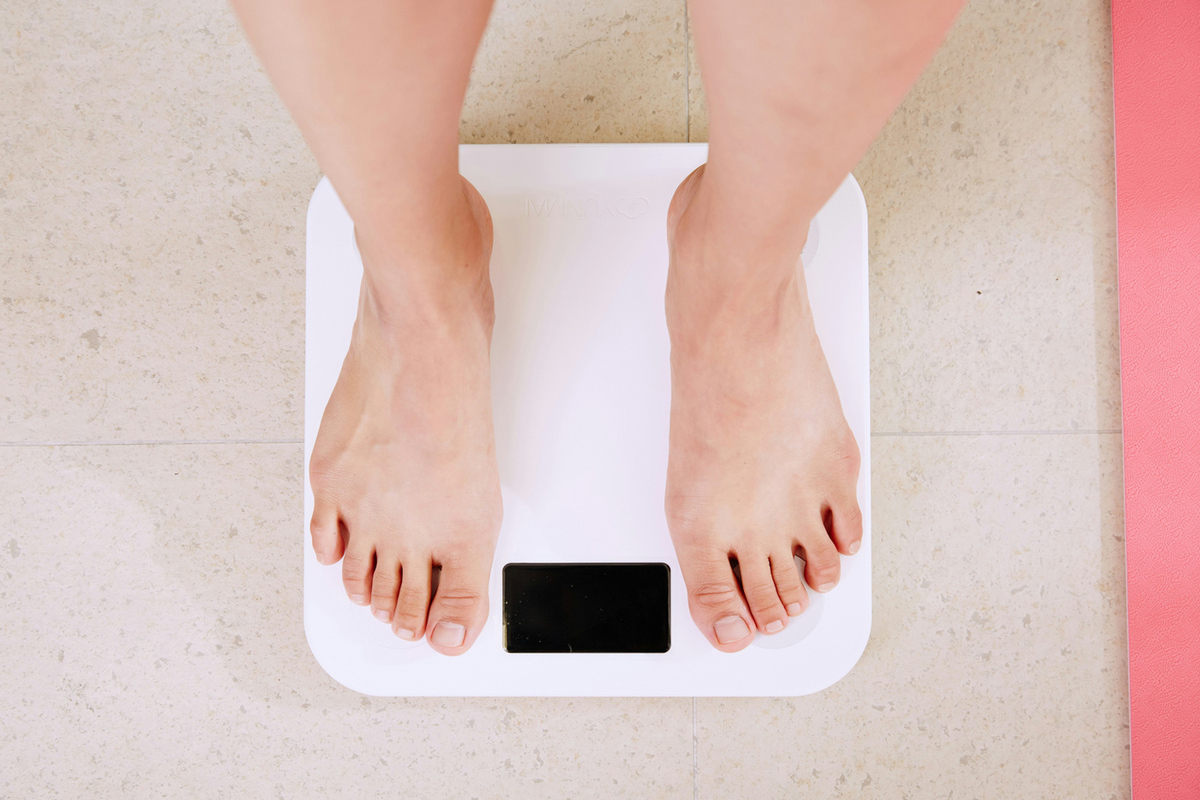Risk of rapid weight loss for obese young people assessed
[ad_1]

You can safely follow a diet under the supervision of a nutritionist
The study found that obese teens can diet safely under the supervision of a nutritionist. Concerns about the impact of rapid weight loss on the physical and mental well-being of young people are said to be unfounded.
Short-term, very low-calorie diets for obese teenagers are safe as long as they are closely monitored by an experienced nutritionist, according to researchers from Australia, whose work will be presented at the European Congress on Obesity in Venice this spring.
According to The Observer, the study, conducted by scientists from the University of Sydney, also found that many teenagers in the study considered dieting an acceptable way to lose weight, despite side effects that included fatigue, headaches, irritability, constipation and nausea.
Very low energy diets (VLEDs) require consuming fewer than 800 calories per day and are prescribed to obese people who want to lose weight but who are not suitable for regular diets and exercise programs.
However, The Observer notes, concerns have been raised about the risks associated with such rapid weight loss while providing young people with all the nutrients they need. There is limited data on the effects of very low-energy diets on growth, heart health, and psychological well-being in subjects.
However, a study conducted in Sydney showed that such fears are unfounded. “Given the rapid weight loss associated with this, their use should be emphasized in clinical practice guidelines for the treatment of severe obesity and its complications in adolescents, especially before pharmacological or surgical intervention,” said Dr. Megan Gow, who led the study.
A total of 71 men and 70 women with obesity and at least one underlying condition, such as high blood pressure or insulin resistance, took part in the study. They were put on a four-week diet that included ready-made meal replacements and low-carb vegetables such as broccoli and tomatoes.
Of the 141 people who started the study, 134 completed the study, losing an average of 5.5 kg of weight. Almost everyone (95%) experienced at least one side effect, and 70% experienced three. Hunger, fatigue and headaches were the most common.
Study participants reported that they liked losing weight the most, while restrictive dieting and the taste of meal replacements were the least liked.
The researchers concluded that a health-care provider-supervised very-low-calorie diet can be safely implemented in the short term and, despite side effects, is acceptable for many moderately to severely obese adolescents.
[ad_2]
Source link








